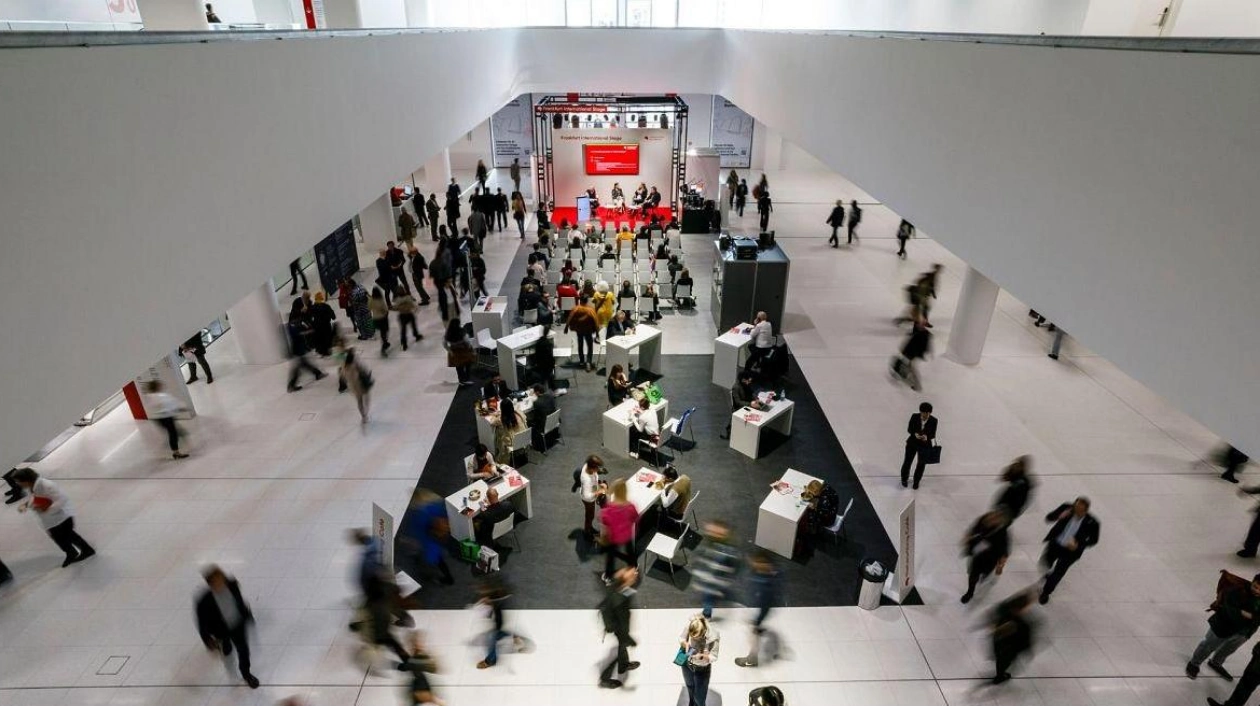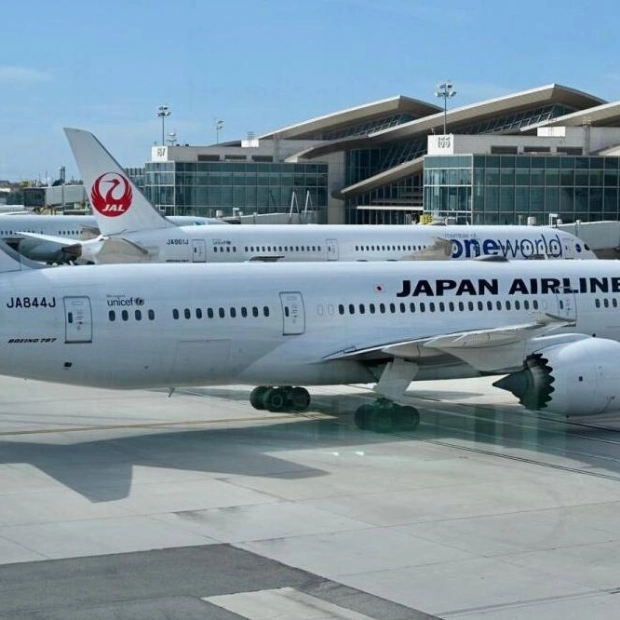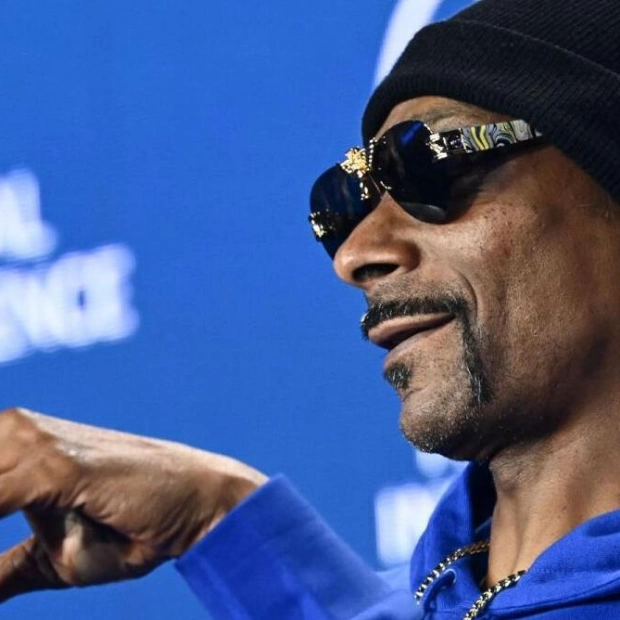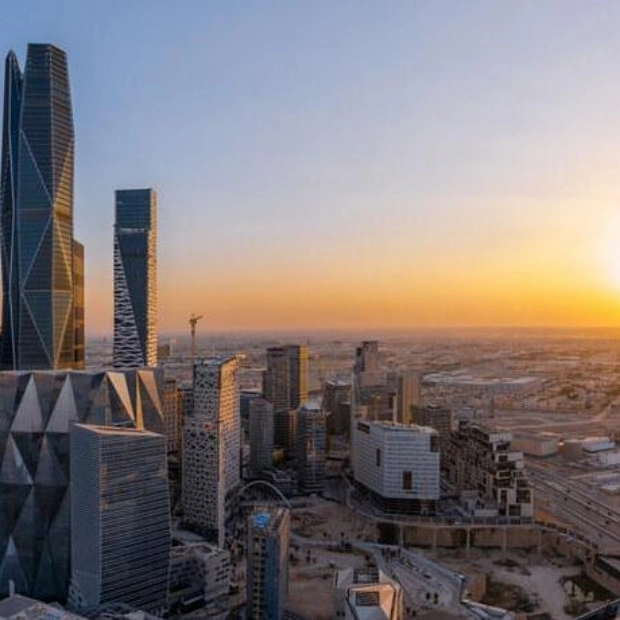Italian delegates have arrived at the 76th Frankfurt Book Fair as the national guest of honour, marking the first time Italy has held this esteemed position since 1988. At the world’s oldest and largest book fair, the Italian delegation is spearheaded by the Italian Publishers Association (AIE) and includes Alessandro Giuli, the Italian Minister of Culture, alongside a roster of the country’s renowned writers. However, the inclusion of politicians from Prime Minister Georgia Meloni’s government and the notable absence of certain literary figures have sparked questions about their roles.
The Frankfurt Book Fair boasts a history that stretches back over 500 years, predating the advent of printed books. Initially, it was a modest fair for selling handwritten books, evolving into a more formal event following Johannes Gutenberg’s invention of the printing press in the 15th century. Its modern iteration was established in 1949 after World War II. Since 1976, the fair has designated a country as the guest of honour, providing them with a dedicated exhibition hall and a comprehensive literary programme. Italy’s previous stint as guest of honour was in 1988, and this year, they follow Slovenia.
Among the Italian delegation are three keynote speakers: physicist and author Carlo Rovelli, writer Susanna Tamaro, and philosopher Stefano Zecchi. The programme also features some of Italy’s most prominent literary names, though the press has highlighted the conspicuous absence of Roberto Saviano. Saviano, known for his exposés on Italian organized crime, notably with his book “Gomorrah,” has faced numerous death threats and police protection. When Saviano was not initially listed among the delegates, many interpreted it as the government’s rejection of his critical stance on Italy and the far-right Meloni administration. However, Saviano later confirmed his attendance at the fair at the request of its director, Jürgen Boos.
Innocenzo Cipolletta, president of AIE, explained to Euronews Culture that the programme was developed through publisher proposals, and Saviano was not initially included. “Other great Italian writers were missing, and any absence is a great regret, but respecting procedures ensures impartiality,” Cipolletta stated. “There were many misunderstandings, and we are sorry about that, but no one intended to exclude Saviano for political reasons. We are happy he is here in Frankfurt anyway,” he added. Saviano himself commented that his presence in Frankfurt is “not a victory but a form of resistance.”
Reflecting on Italy’s last guest of honour appearance, many considered it a pinnacle for Italian literature, with figures like Umberto Eco dominating the global literary scene. Italy’s motto for the 2024 fair is “Roots in the Future,” aiming to look forward while appreciating their rich cultural heritage. Cipolletta noted that Italian publishing is experiencing a new high post-pandemic, with sales reaching impressive levels. “New authors are emerging, telling the story of today’s Italy,” he said, emphasizing that Italian literature’s global reach has expanded, with translation rights quadrupling over the past 20 years.
Over 90 authors are attending Frankfurt as part of the official delegation, including Alessandro Baricco, Annalena Benini, Paolo Cognetti, Claudia Durastanti, Antonio Franchini, Nicola Lagioia, Claudio Magris, Francesca Melandri, and Igiaba Scego. Although not part of the official delegation, Saviano is scheduled to discuss “Literature & Politics. Writing in Illiberal Times” with Deniz Yücel, co-chair of PEN Berlin.
Despite the array of Italian literary ambassadors, some writers have expressed concerns about the programme’s pro-Meloni bias. Paolo Giordano, known for his novel “The Solitude of Prime Numbers,” stated, “Freedom of expression is punished in our country.” Others, like Antonio Scurati, whose novel “M. Son of the Century” chronicles Benito Mussolini’s rise, claimed they have been censored by the state. Cipolletta, however, refutes the notion of censorship at the fair, asserting that all authors are free to express themselves within the Italy Guest of Honour’s Pavilion.
The Italian delegation is led by Minister of Culture Alessandro Giuli, a Meloni loyalist who has faced controversy for his support of Donald Trump and Vladimir Putin. Cipolletta assures that the AIE operates independently of the government, emphasizing that “no opinion is forbidden and is, in fact, encouraged, in full respect for the ideas of others.”
Source link: https://www.euronews.com






